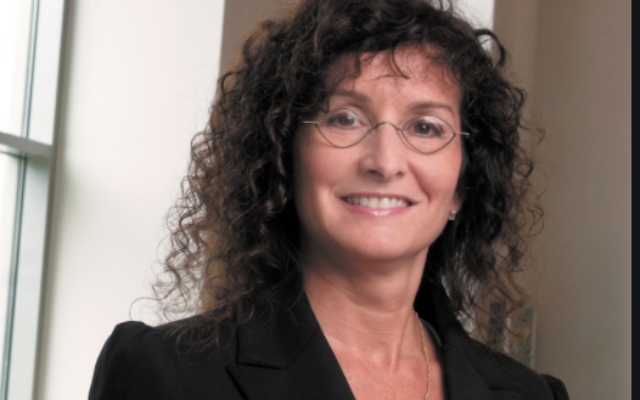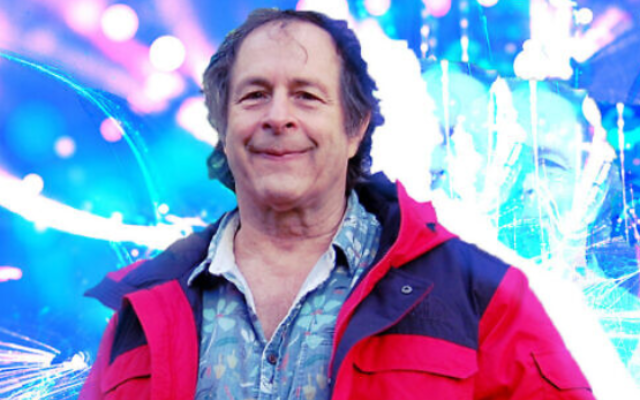Psychedelics Get New Medical Respect
Research at Emory University shows particular promise for the use of MDMA, a popular illegal recreational drug, to help cure PTSD.
After decades as a much-abused, illegal party drug known as ecstasy or molly, the psychedelic pharmaceutical MDMA may be coming into its own as an accepted treatment for psychological trauma.
In early May, in what is believed to be the first such published study of a phase III clinical trial, the drug methylenedioxymethamphetamine was found to be highly effective in treating posttraumatic stress disorder or PTSD. The results of the research appeared in the journal Nature Medicine.
The randomized study, which included 91 patients at 15 different locations in the U.S., Canada and Israel showed that 67 percent of PTSD sufferers who took MDMA accompanied by an intensive program of psychotherapy no longer had symptoms of the disorder. That was more than double the number who took a placebo and psychotherapy.

That was good news for physicians such as Dr. Barbara Rothbaum, a longtime member of Congregation Beth Shalom in Dunwoody, who helps lead the clinical research program at Emory University’s School of Medicine. Until she began her research using MDMA there had not been any new treatments for PTSD for over 20 years.
“We have two FDA-approved medications, and they were approved at the end of the 1990s. They’re good treatments but they certainly don’t work for everyone.”
According to Rothbaum, MDMA not only reduces anxiety in PTSD but it also allows patients to reflect on the emotions, particularly to facilitate what she described as the “extinction of fear.” In doing so, she points out, it can positively reshape the way patients think.
Rothbaum runs the Veterans Program at Emory Healthcare and the Trauma and Anxiety Recovery Program. She actually counsels former servicemen that the drug can change the way their brain works.
“This is what we tell our veterans when they come in. We are hoping to change your brain and your body and your relationship with this trauma and this memory. And, as doctors, we absolutely think that will happen.”
PTSD, first treated after the Vietnam War, is known to lead to debilitating nightmares, hallucinations, panic attacks and even suicide.
According to Emory statistics, as many as one out of every three veterans and active-duty military that have served since 2001, or more than 2.7 million American servicemen, have either PTSD, traumatic brain injury or other such conditions.
It’s much the same in Israel, where the country has gone through some extensive military campaigns in recent history. In 2019, Israel’s Health Ministry approved MDMA for “compassionate use” in the treatment of PTSD. It is believed to be the first such country to take such a step.
The Israel drug therapy, approved at five clinical sites in that country, was supported in part by a grant from the prestigious Schusterman Family Foundation in New York, which has been a generous Jewish funder of philanthropic projects in the United States and Israel.
The success of the clinical trial results can be partly attributed to the work of the Multidisciplinary Association for Psychedelic Studies, which for the past 35 years has worked for the therapeutic acceptance of psychedelics such as MDMA.
The California-based nonprofit was founded in 1986 a year after President Ronald Reagan’s Drug Enforcement Administration banned the drug for having “no currently accepted medical use and a high potential for abuse.”

Since then, MAPS and its founder Rick Doblin, who grew up Jewish in the Chicago suburb of Skokie, Ill., has raised over $100 million to fund research and reposition MDMA as a valuable psychiatric tool.
At press time, Doblin, who now lives in Boston and serves as the organization’s executive director, was unavailable for an interview. But he told the JTA last year, in a lengthy profile, that his recreational use of psychedelic drugs that began in the late 1960s had a spiritual component.
His experiences with mind-altering drugs such as MDMA set him off on a lifelong quest to expand the use of psychedelics in medicine, including not just MDMA, but mescaline, a hallucinogen derived from cactus plants and psilocybin, both of which, like MDMA, are illegal drugs under U.S. law.
In November 2020, Oregon became the first state in the U.S. and the first area in the world to legalize psilocybin, a psychoactive compound made from mushrooms, for therapeutic use.
At Johns Hopkins University in Baltimore, research is underway in the medical uses of psilocybin at a new $17 million Center for Psychedelic & Consciousness Research. Emory Medical School is also studying the use of psilocybin, combined with psychotherapy to help patients with treatment-resistant depression.
The encouraging results of the MDMA studies convinced the Food and Drug Administration to put the drug on a “fast track” for final approval in the next two years.
Rothbaum, who co-authored an introductory guide to PTSD with Sheila Rauch, an Emory professor of psychology, believes the current research in psychedelics is an important step forward for mental health.
“I believe we’re at the beginning of a new era in therapies that are based on how the brain works, how the brain forms memories and how the brain extinguishes fear memories during therapy.”




comments